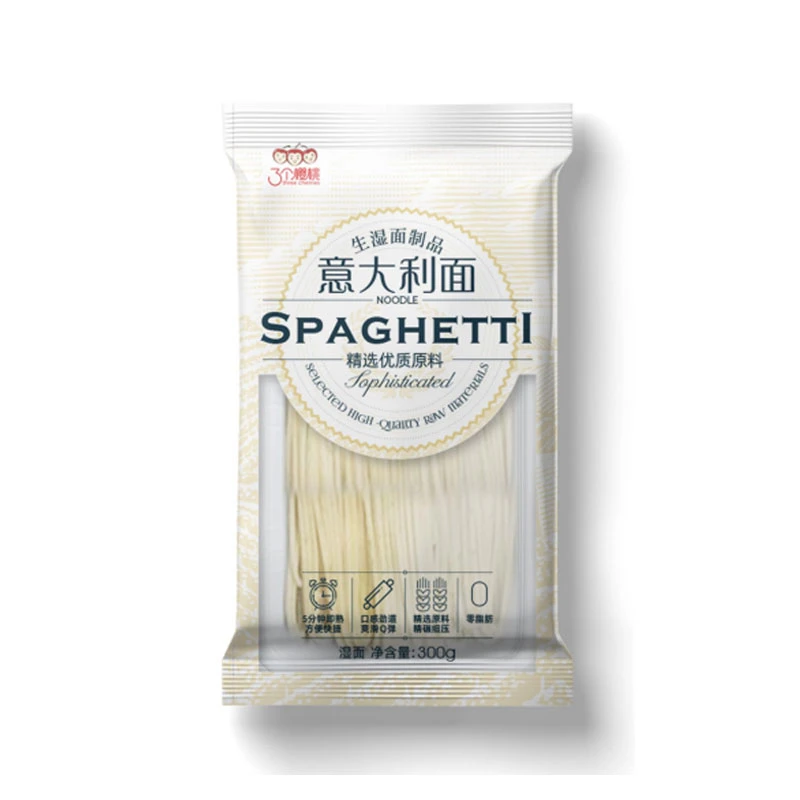is instant noodles good for diabetics
Instant Noodles and Diabetes A Balanced Perspective
Diabetes, a chronic condition characterized by elevated blood sugar levels, requires careful dietary management. Individuals with diabetes must be particularly attentive to their carbohydrate intake, as carbohydrates directly influence blood glucose levels. In this context, the question of whether instant noodles are a suitable option for diabetics becomes significant. While instant noodles offer convenience and taste, a closer look at their nutritional profile and potential impact on health is essential for informed decision-making.
Nutritional Profile of Instant Noodles
Instant noodles are a popular convenience food, known for their quick preparation time and versatility. However, they typically have a few common characteristics that may not align well with the dietary needs of diabetics
1. High in Simple Carbohydrates Most instant noodles are made from refined flour, which is high in simple carbohydrates. When consumed, these carbohydrates are quickly broken down into glucose, leading to a rapid spike in blood sugar levels. This can be particularly concerning for diabetics, who need to maintain stable blood glucose levels.
2. Low Nutritional Value Instant noodles often lack essential nutrients, such as fiber, vitamins, and minerals. Fiber, in particular, plays a crucial role in managing diabetes as it helps slow down the absorption of sugar into the bloodstream, thereby preventing spikes in blood glucose levels.
3. High Sodium Content Many instant noodle varieties contain high levels of sodium, which can contribute to elevated blood pressure—a common concern for those with diabetes. High sodium intake can also lead to water retention and other cardiovascular issues, making it critical for diabetics to monitor their sodium consumption.
4. Added Preservatives and Flavor Enhancers Instant noodles often contain preservatives and flavor enhancers, which can add unnecessary chemicals to the diet. While these additives may improve taste and shelf life, they may not be beneficial for individuals with diabetes.
How Instant Noodles Fit into a Diabetic Diet
is instant noodles good for diabetics

While instant noodles may not be the most nutritious option, they can still be included in a diabetic meal plan with careful consideration and modifications
1. Portion Control Moderation is critical. Diabetics can enjoy instant noodles in smaller portions, which can help mitigate the impact on blood sugar levels. Combining them with non-starchy vegetables can also help increase fiber content, which aids in blood sugar management.
2. Enhancing Nutritional Value By adding protein-rich ingredients such as chicken, tofu, or eggs, as well as plenty of vegetables, the overall nutritional profile of an instant noodle meal can be greatly improved. This combination can slow down digestion and help stabilize blood glucose levels.
3. Choosing Whole Grain Options Some brands offer whole grain or buckwheat instant noodles, which have a higher fiber content compared to traditional varieties. These options can be more suitable for diabetics as they result in a slower release of glucose into the bloodstream.
4. Monitoring Glycemic Index The glycemic index (GI) measures how quickly foods raise blood sugar levels. Instant noodles usually have a high GI, but pairing them with low-GI foods such as legumes or leafy greens can help counterbalance their effects.
Conclusion
In conclusion, while instant noodles may not be the best choice for individuals managing diabetes due to their high carbohydrate and sodium content, they can be enjoyed occasionally with some smart modifications. By controlling portions, enhancing nutritional content with healthy additions, choosing whole grain options, and monitoring the overall meal composition, it is possible for diabetics to include instant noodles in their diet without significantly affecting their blood sugar levels.
As always, individuals with diabetes should consult healthcare professionals or dietitians for personalized dietary advice tailored to their specific health needs. Making informed food choices is essential for successfully managing diabetes and maintaining overall health.
-
Unleash Your Inner Chef with Delectable Italian Pasta CreationsNewsAug.01,2025
-
Savor Health and Flavor: Irresistible Soba Noodles for Sale Await!NewsAug.01,2025
-
Nourish Your Body with Premium Organic Ramen - A Culinary Delight AwaitsNewsAug.01,2025
-
Elevate Your Dishes with Our Exquisite Kinds of Egg NoodlesNewsAug.01,2025
-
Dive into Flavorful Convenience with Our Ramen OfferingsNewsAug.01,2025
-
Discover Exquisite Types of Naengmyeon and Chilled Soba NoodlesNewsAug.01,2025
-
Is Whole Wheat Pasta Healthy?NewsMay.30,2025
Browse qua the following product new the we

















































































































